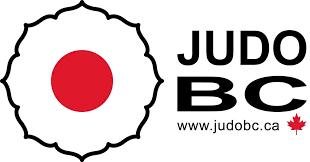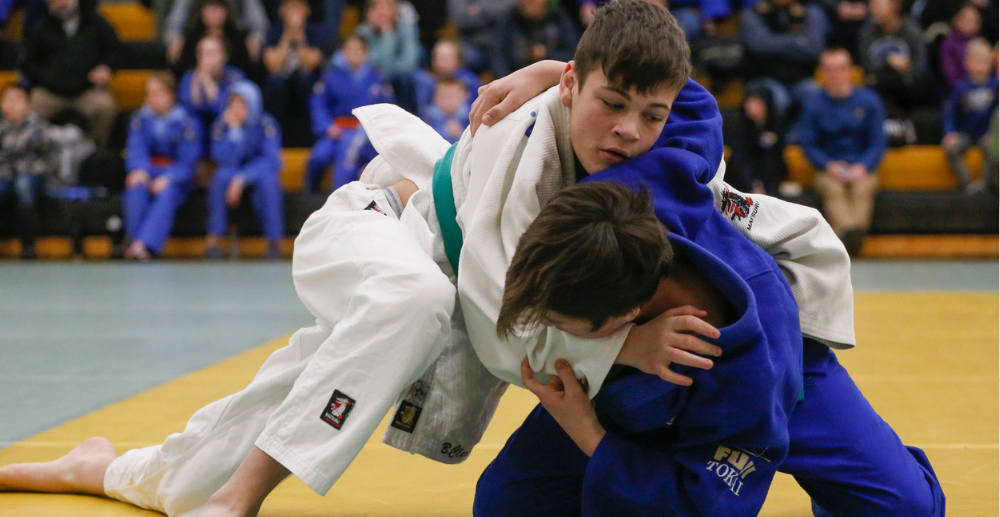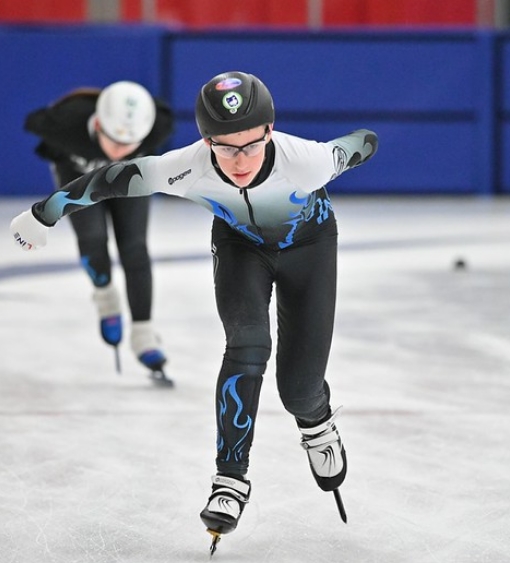BC WINTER GAMES
Judo
Karate made its Games debut at the Tofino 2000 BC Winter Games and has been a staple of the BC Games ever since.
Technical
Package
Technical Packages provide details of the eligibility requirements as well as event and competition information.
Provincial Sport
Organization
PSOs are the governing bodies for sports in B.C. and handle qualification, registration, and competition at the BC Games.
Frequently Asked
Questions
Have a question? We likely have the answer in our Frequently Asked Questions.
Participant
Information
Learn about qualification, registration, transportation, accommodation, food, and more.
Did You Know?
Judo BC is the provincial organization responsible for the sport in BC and has initiated unique programs such as coaching clinics and officials development as part of the BC Games program.
Judo at the BC Games
The BC Winter Games feature athletes under the age of 16 who compete in various weight classes. The Games are an important part of the provincial athlete development model and have contributed to many athletes moving on to national competitions.
History
Judo is a modern martial art and sport created in Japan in 1882. It looks more like wrestling than other martial arts and teaches its practitioners (judoka) to gain control over an attacker using throws, holds, chokes, and grappling without striking. It is a method of turning an opponent’s strength against them and overcoming by skill rather than sheer strength. Judo was first included at the Olympic Games in 1964.
Format
The contest area for judo is a square mat eight meters by eight meters. A match typically lasts three to five minutes. The goal of a match is to gain a full point or “Ippon”, by either throwing the opponent flat on their back with force and control or holding the competitor down for 25 seconds. Once Ippon is scored the match is over. A half-point or “Waza-ari” is given for a throw executed with control, but lacking one of the required elements for Ippon. Two Waza-ari equal Ippon and will end the match. A Yuko is given when an opponent lands on their side or escapes after 15 seconds. No amount of Yukos equal Waza-ari and are only considered if the match ends with the score tied. If the score is tied at the end of the match it moves into a Golden Score or sudden death where the first contestant to achieve any score wins.
Notable Alumni
Notable BC Games alumni include Ario Nishimura (2014 BC Winter Games), who went on to win silver at the 2015 Canada Winter Games and bronze at the 2015 National Championships.
Photography
Visit the BC Games Flickr account to view more photos of Karate from the Games.


